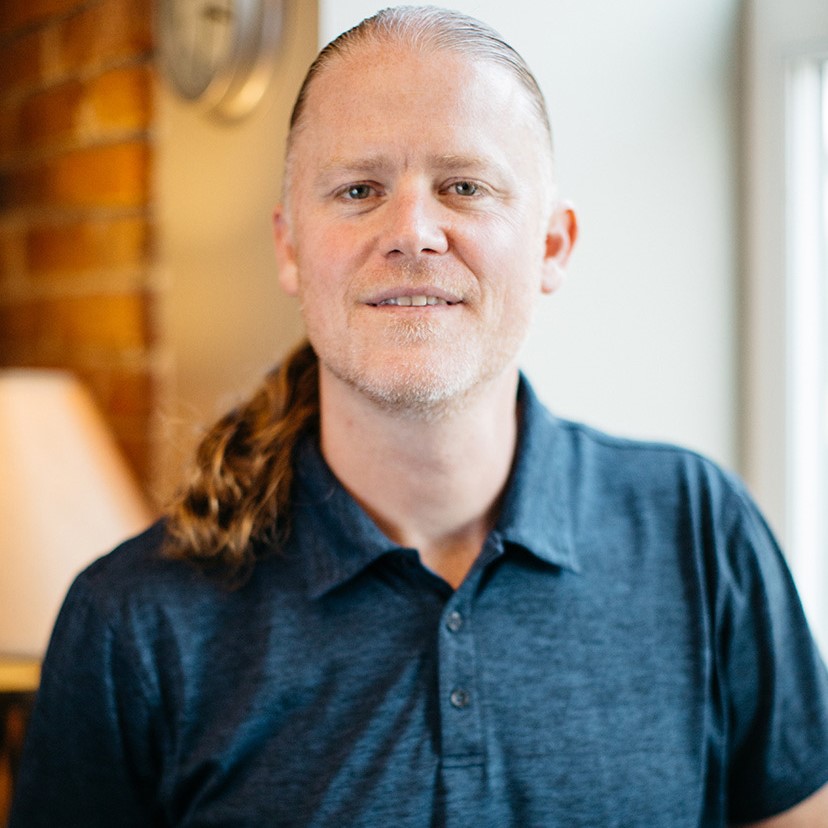We all have a depth to us that is not simply our own. We each come from a time and place that is other than where we are right now. And yet, life requires us to live in a now that seems to beckon to a self that is required to be conscious of who one is, what one does, and how one makes attributions to the space between.
The fragmenting, if not collapsing, social trajectories of the early 21st Century seem to be cutting chords and severing ties between relational partners in a number of life-threatening ways. Technologies have been developed to help us to better communicate, but in actuality, most of what they often do is amplify hash-tagged versions of our speaking selves. Long story short, we’ve stopped listening. We’ve stopped listening to ourselves, to each other, and to the more-than-human world around us.
My fundamental belief is that health is found in belonging, and that our felt sense(s) of belonging dictate much of our acting in the world.
If we follow the lead of systems thinkers who remind us that every intrapersonal experience began as an interpersonal event, then we may come to see how we perpetuate our experiences (or lack thereof) of belonging—of connection to self and to other—in integrous ways. In other words, our internal worlds come to be symbolized and replicated in our external worlds, and our external worlds become the theater by which we enact our internal living.
Connections within foster connections without, and vice versa. We were designed in, by, and for relationship (in the image of an intensely relational God), and it is therefore in relationship where our greatest sense(s) of belonging reside. Moreover, we listen from such place(s) of residence, both inside and out. Deep listening, then, points to a willingness to get past the buzz and hum of hotspots and other WiFi connections. It means not just listening with one’s ears, but with one’s whole being. Deep listening is a whole-bodied activity.
Ironically, I’ve become keenly aware of this reality in the last couple of years, as the hearing in my left ear has faded, and I’ve now joined the world of hearing aid users. In working with my audiologist this past year, I’ve learned how much listening requires brain activity, and specifically a “ready to listen” posture in one’s brain. My ears may do the work of the hearing, but my brain contributes to the work of listening. Moreover, listening is mental activity, and not just the product of one’s cochlear functioning.
Speaking of brains, Dan Siegel, founder of the field of interpersonal neurobiology, talks about the multiple brains we have in our body. We have our upstairs brain, or the three pounds of cerebral tissues that make up what most of us refer to as our brain. Siegel also notes, however, the importance of the brain we have in our bellies: the one that often gets associated with one’s “gut” or “intuition.”
Siegel and other scientists who study such things as bodies, brains, and emotions, help us to know that there are versions of listening that happen much deeper within our bodies than just between our ears. With help from the vagal nerve, which runs from our bellies to our upstairs brains and back again, our bodies are always listening within: listening and responding, without much conscious awareness by the person who lives and dies according to this circuitry. Maybe we’d like to think that we know what’s happening in and around us at any given time, but the science tells us otherwise.
So what does all of this have to do with our work here at The Seattle School? Well, everything in fact.
In preparation for this current academic year, the faculty of The Seattle School voted in a name change for the series of courses previously called Practicum. Our new name for this important part of our curriculum is Listening Lab, and its new name is meant to mark and to signify our return to the essential nature, quality, and service of listening. If much of the work of Listening Lab is to support a student as they prepare to move from self to service, then listening (and maybe best said deep listening) is one primary path in that direction.
A quick drive by a few of the required texts for Listening Lab reveals that listening requires attention to be paid not only to the words one is offered in a relational moment, but also the fullness of affect and emotion that accompanies the spoken word (Weinberg, 1984). To that end, listening requires a mobilization of the self-engagement system (Siegel, 2010), which includes a full-bodied, full-minded approach to making space in one’s self for another. Said differently, such (deep) listening is a form of remembering or putting back together that which has been previously fragmented.
From self to other, and from self to service, bearing witness (deep listening) to that which has been lost or broken is a primary means of serving “God and neighbor through transforming relationships.”
The soul does not need to be fixed, it needs to be witnessed (a nod to Parker Palmer, here). Bearing witness is an essential element in any healing journey, and the 21 st Century American world finds many of its constituents in need of healing: in need of those who are willing to engage with the pain of fragmentation and the vicissitudes of social isolation. Our society needs a resurgence of priests, or those whose charge it is to call others to re-member. Remembering requires receiving and receiving requires deep listening to that which is being received. To remember is to receive the gift of memory. Listening means holding space for another to remember and therefore (re)connect. Moreover, listening is the pathway to Connection.
Want to connect? Interested in what you’re hearing here? Sensing the rumblings of a priestly
call? I hope so.
To learn more about studying at The Seattle School, visit our graduate programs page or email admissions@theseattleschool.edu.


